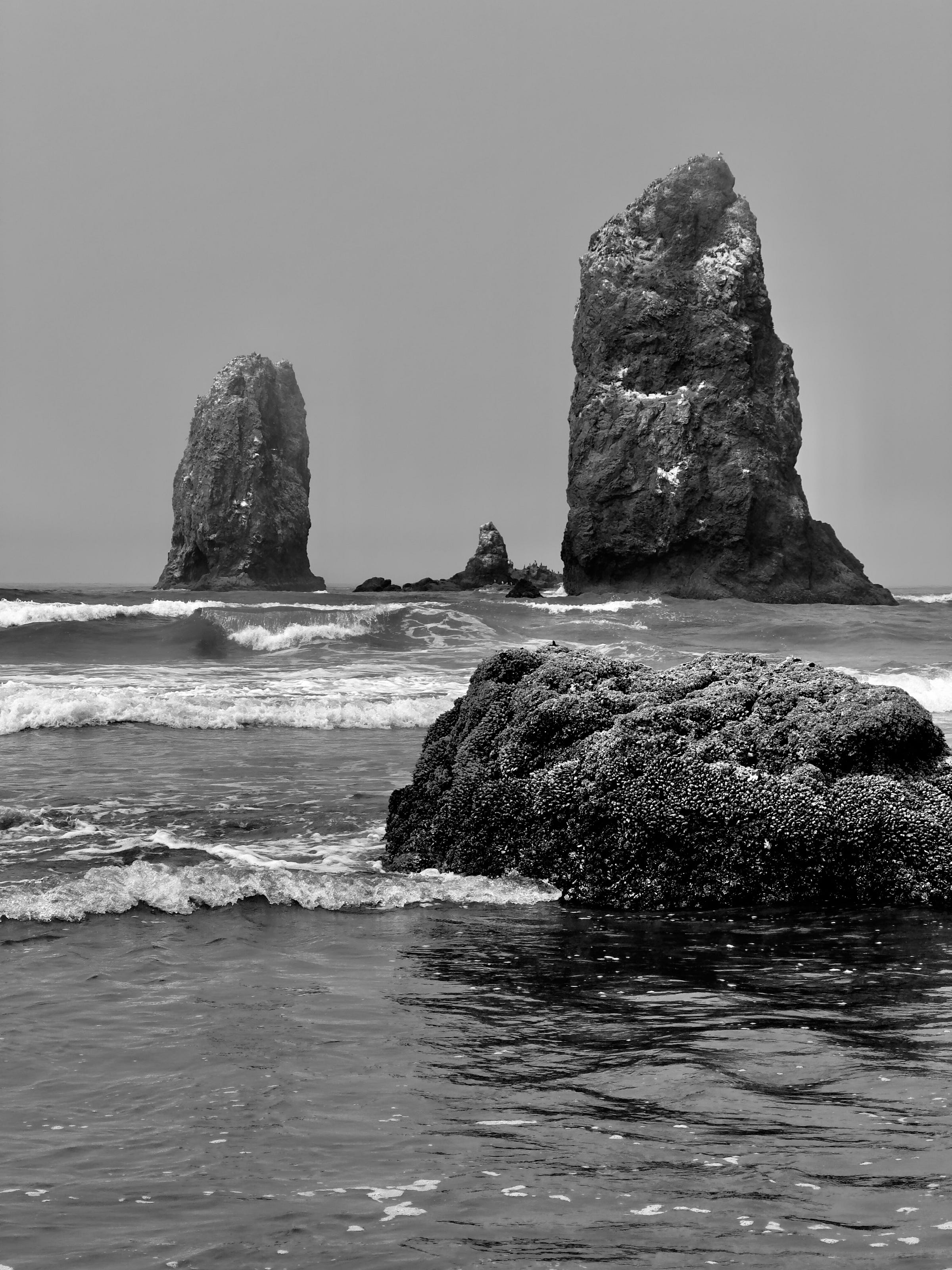I don’t remember exactly when I stopped believing in the kind of God who could be boxed up and explained. But I do remember when I started searching for the God I could feel in my chest. The One who shows up in silence. Who walks with you down empty streets. Who does not perform, but abides.

Karl Rahner once wrote, “The Christian of the future will be a mystic, one who has experienced something, or he will be nothing at all.” And I haven’t been able to shake it.
He wasn’t glamorizing emotional spirituality or some kind of private revelation club. He was naming a crisis of connection. He saw what many of us now live: that the old scaffolding of religion—tradition, belonging, even belief—cannot carry the weight of a life unless it’s rooted in encounter.
It used to be enough to go to church because your parents did. Or because your community did. It used to be enough to say you “believed in God.” But now? The world is loud, the pain is deep, and the performative spirituality of polished platforms and empty promises has left many of us hungry for more. Or at least hungry for something real.
I think of the mystics—not as those who float above the rest of us, but those who sink deeper. Into stillness. Into suffering. Into presence. I think of the ones who dared to say “God is here,” not because they read it, but because they tasted it.
And maybe this is what Rahner meant.
That the Christian of the future won’t be defined by doctrinal certainty or cultural alignment. He’ll be defined by intimacy. She’ll be defined by a quiet fire. We will not survive off borrowed conviction. We will need to burn.
The truth is—I’m a mystic. There, I finally said it out loud. And even now, I feel the impulse to soften it, to add the word “Christian” in front just so no one gets the wrong idea. A few years ago, someone hurled the word at me like a stone. Mystic. Not with curiosity or reverence, but with accusation. They yelled it in my face, like I had wandered off the path. And I felt shame. Deep shame. Because I wanted their approval—I craved it. And in that moment, I knew I didn’t have it.
But the strange thing is… they were right. That word, though weaponized, named something true. This is who I am. This is what those closest to me—those who’ve sat with me while I wept over how much I long to be accepted in traditions that feel too rigid, too loud, too narrow—would say when they’ve watched me live it. I’ve always been drawn to the interior life. To the sacred ordinary. To a God who meets me not in spectacle but in stillness.
It’s a story for another day. But for now, if Rahner’s definition of mystic means one who has experienced something of God, one who orders their life around that ongoing Presence—then yes. That is how I show up in my faith. That is how I lead. That is how I love. I am someone who is continuously in pursuit of what Brother Lawrence called practicing the presence of God. Not as performance. Not as escape. But as the deepest kind of reality. As the only way I know how to live and stay whole..
I remember when the prayers stopped working—the ones that sounded good but said nothing. I remember when Scripture felt dry, and when going to church felt like theater. And I remember the day I sat on the floor, desperate, and whispered “If You are here, I need You to be here.”
And God was.
Not in a lightning bolt. Not in a voice. But in something like breath. In a warmth that wrapped around my body and held me there. I didn’t get answers. I didn’t get theology. I got presence. And that was enough.
This isn’t a call to become mystical for mysticism’s sake. It’s a call to pay attention. To listen for God in the quiet. To recover the inner life. To cultivate practices that till the soil of our souls—prayer, stillness, wonder, honesty, lament.
Mystics aren’t weird. They’re awake.
And we need more of them.
Because if the future of Christianity is only institutional, it won’t hold. If it’s only political, it will crumble. But if it is lived from the inside out—if it is marked by those who have experienced something—it just might become beautiful again.
So here’s my quiet plea: make space. Not for performance. Not for noise. But for the encounter. Be still long enough to feel the ache. Be honest enough to name the doubt. Be brave enough to listen for the whisper.




Yeah! Fellow mystics unite!
your voice, prose, metre, timbre are beautiful